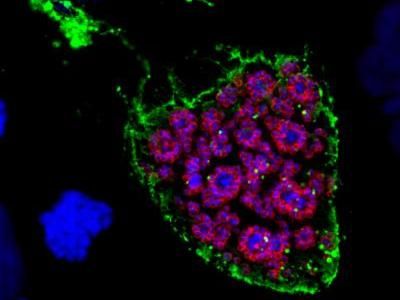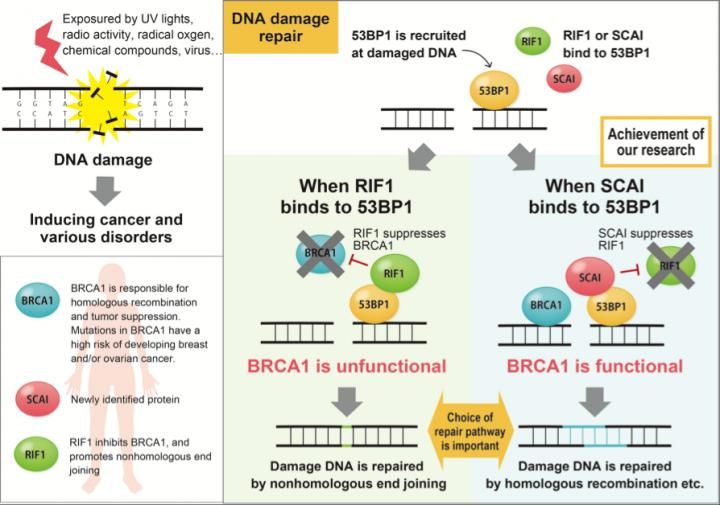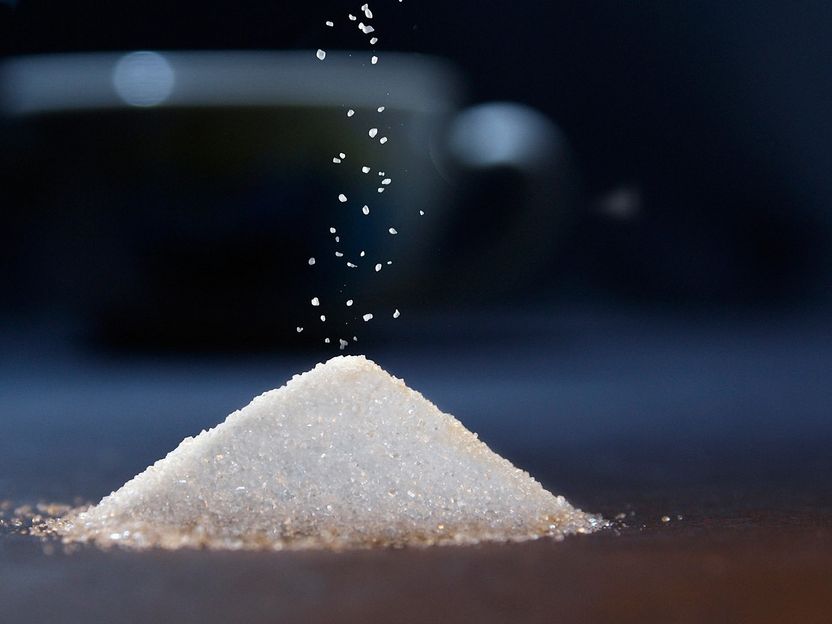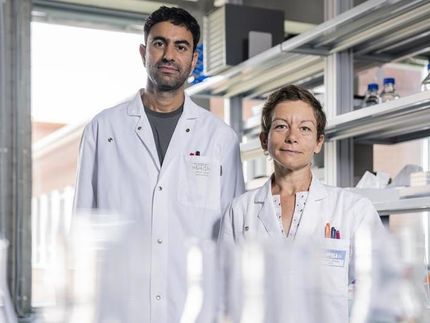Could this be malaria's Achilles heel?
Portuguese researchers at Instituto de Medicina Molecular (iMM) Lisboa have identified a defence mechanism by which the malaria parasite can survive inside its host's liver cells, a crucial stage where the parasite acquires the capacity to infect red blood cells causing the symptoms associated with this disease.

A malaria parasite multiplies inside hepatocytes (liver cells).
Maria Mota and Eliana Real, iMM Lisboa
The Plasmodium parasite, responsible for malaria infection, replicates inside it's host's liver cells involved by a membrane that protects it against threats present in the intracellular environment, namely autophagy, a process that is triggered upon infection and in which cells degrade materials that are no longer necessary. Importantly, this process is dependent on a protein named LC3.
Although autophagy is activated by host cells after infection the malaria parasite is resistant to this cellular defence mechanism, unlike other more susceptible pathogenic agents. However, researchers led by Maria Mota have now found the Achilles heel of the malaria parasite: a protein named UIS3 which binds to LC3 and forms a type of protective shield against autophagy. Without this protection the parasite becomes vulnerable and is rapidly eliminated by the host.
The study has revealed that parasites lacking the UIS3 protein cannot survive inside mice liver cells. However, if the host's autophagy capacity is compromised the parasite gains back its capacity to infect cells.
These results show that UIS3 protein could become a possible target for the development of novel targets against the malaria parasite, namely against the hepatics forms of this disease which, in some Plasmodium species, may persist in a dormente state and cause symptoms several years after the time of first infection.
It is particularly relevant to identify new therapeutic targets at a time where several cases of drug resistance begin to occur, specifically in Southeast Asia. In the future, the team wishes to identify compounds that can block the parasite's capacity to inhibit cellular autophagy and test its efficiency as novel drugs against malaria.
Original publication
Eliana Real, Lénia Rodrigues, Ghislain G. Cabal, Francisco J. Enguita, Liliana Mancio-Silva, João Mello-Vieira, Wandy Beatty, Iset M. Vera, Vanessa Zuzarte-Luís, Tiago N. Figueira, Gunnar R. Mair & Maria M. Mota; "Plasmodium UIS3 sequesters host LC3 to avoid elimination by autophagy in hepatocytes"; Nature Microbiology; 2017
Most read news
Original publication
Eliana Real, Lénia Rodrigues, Ghislain G. Cabal, Francisco J. Enguita, Liliana Mancio-Silva, João Mello-Vieira, Wandy Beatty, Iset M. Vera, Vanessa Zuzarte-Luís, Tiago N. Figueira, Gunnar R. Mair & Maria M. Mota; "Plasmodium UIS3 sequesters host LC3 to avoid elimination by autophagy in hepatocytes"; Nature Microbiology; 2017
Organizations
Other news from the department science

Get the life science industry in your inbox
By submitting this form you agree that LUMITOS AG will send you the newsletter(s) selected above by email. Your data will not be passed on to third parties. Your data will be stored and processed in accordance with our data protection regulations. LUMITOS may contact you by email for the purpose of advertising or market and opinion surveys. You can revoke your consent at any time without giving reasons to LUMITOS AG, Ernst-Augustin-Str. 2, 12489 Berlin, Germany or by e-mail at revoke@lumitos.com with effect for the future. In addition, each email contains a link to unsubscribe from the corresponding newsletter.
Most read news
More news from our other portals
Last viewed contents

Scientists isolate, culture elusive Yellowstone microbe

The fork in the road to DNA repair

Merck to Acquire Sigma-Aldrich to Enhance Position in Attractive Life Science Industry
Helix BioPharma awarded first U.S. Patent for DOS47
Mitral_valve_prolapse






















































